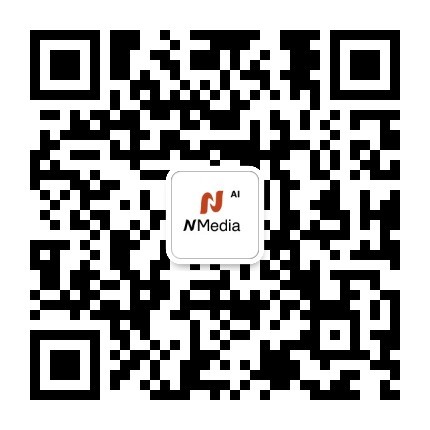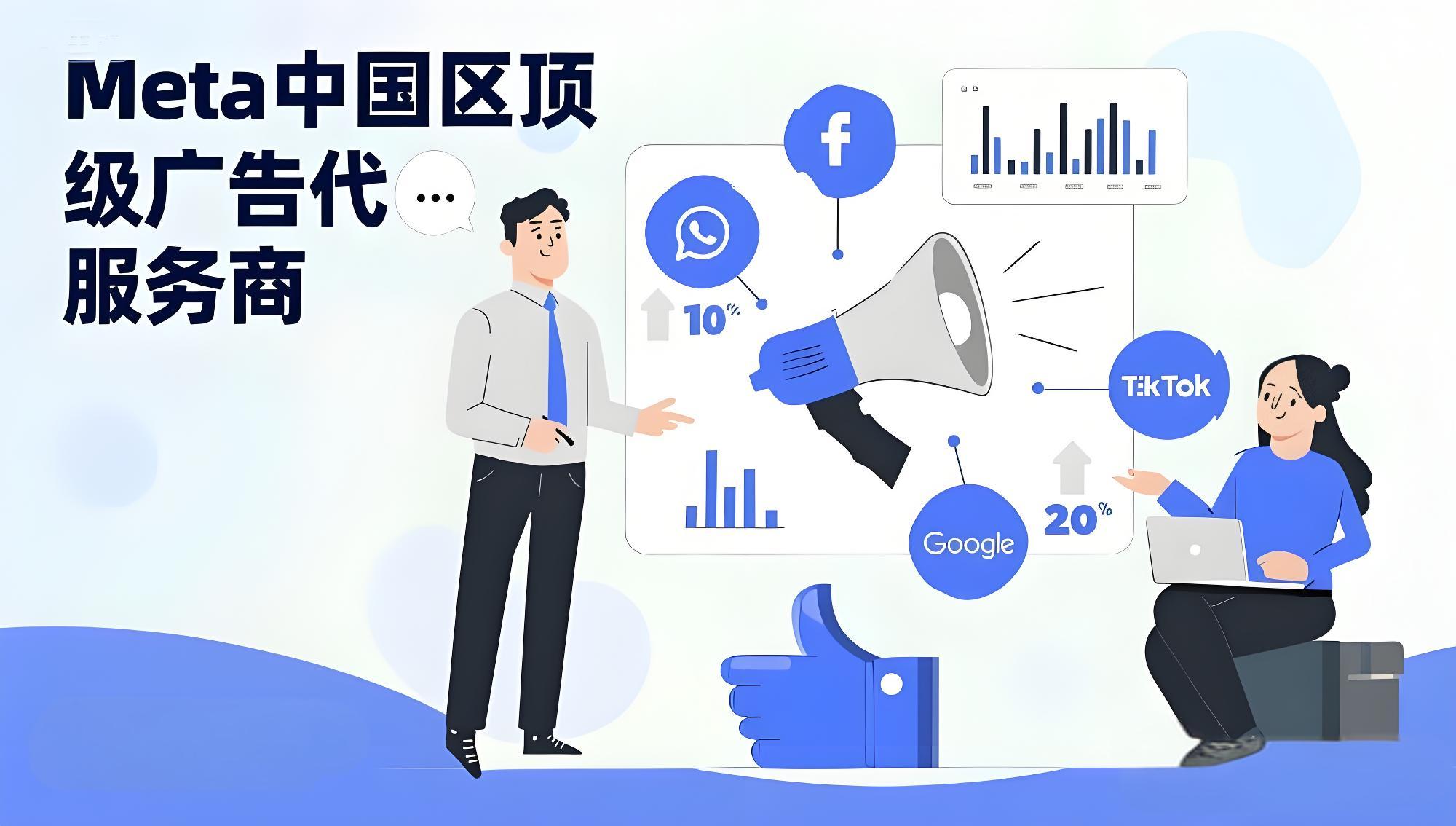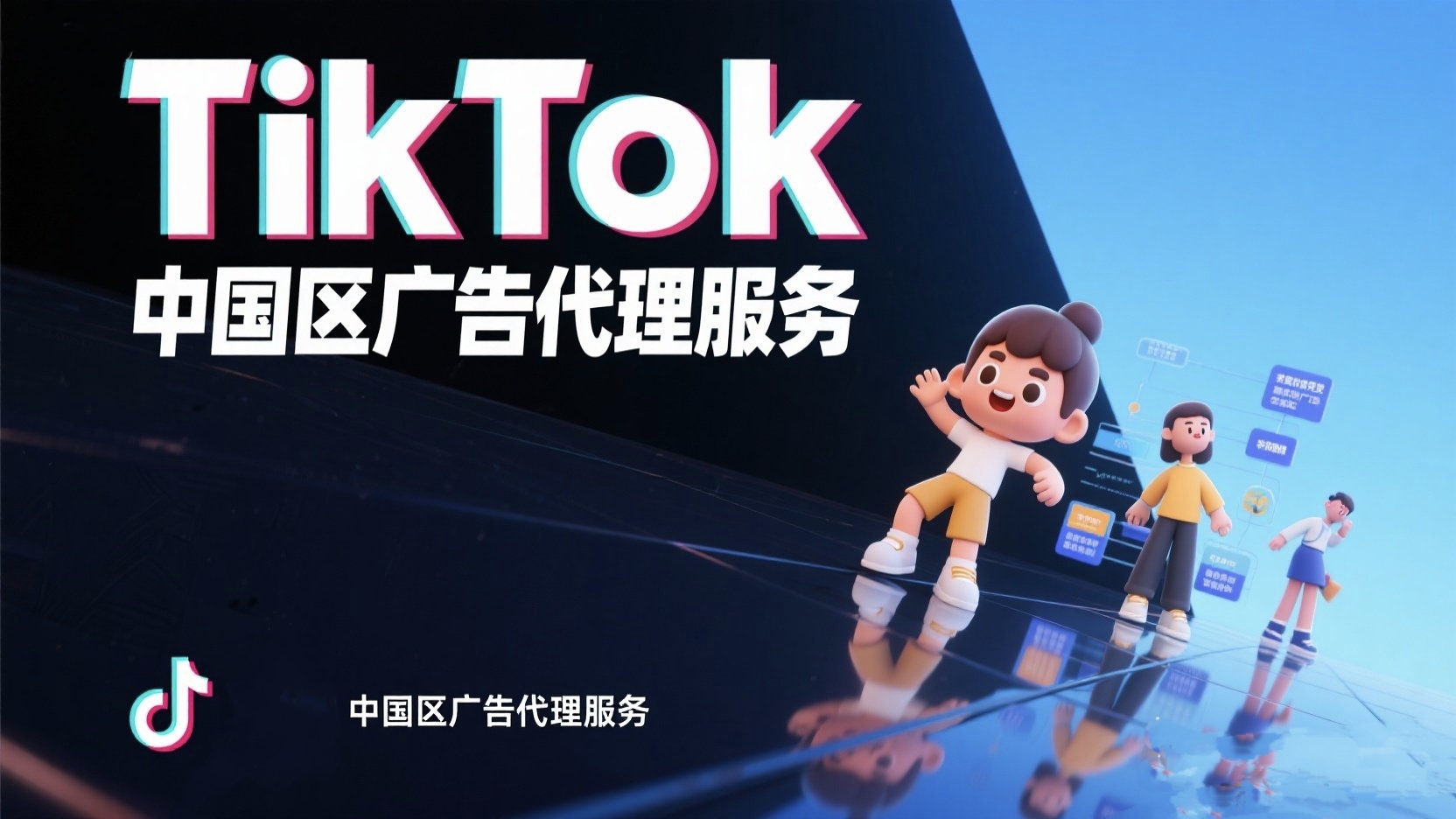Operation (Re)Brand Africa
投放时间: 2025-02-24 08:00:00
𝐎𝐩𝐞𝐫𝐚𝐭𝐢𝐨𝐧 (𝐑𝐞)𝐁𝐫𝐚𝐧𝐝 𝐀𝐟𝐫𝐢𝐜𝐚
A few weeks ago, I came across an image depicting two men, shaking hands, standing on opposite sides of what used to be a road—a tattered, narrow strip barely recognisable as infrastructure. The caption read, “30 million road construction project completed in (African country).” The irony was stark, but beyond that, it illuminated a much deeper issue: the narratives we choose to accept and perpetuate about Africa, especially as Africans.
As Africans, we bear the responsibility of scrutinising the narratives we consume and share about our continent. In the most digitised era of all time, where recording devices sit at our fingertips, information spreads at an unprecedented rate. This highly digitised world presents both an opportunity and a challenge. On the one hand, it allows us to capture and share authentic African stories; on the other, it makes us susceptible to misinformation, bias, and the perpetuation of stereotypes.
𝙉𝙖𝙧𝙧𝙖𝙩𝙞𝙫𝙚 𝙎𝙝𝙖𝙥𝙞𝙣𝙜 𝙄𝙣 𝙋𝙚𝙧𝙘𝙚𝙥𝙩𝙞𝙤𝙣
In business, it is widely accepted that the owner must be the biggest believer and ambassador of their brand. Likewise, we, as Africans, must be the foremost ambassadors of Africa. Of course, no one denies that there is room for growth and improvement—corruption, governance, and economic instability are real issues.
However, while acknowledging these challenges, we must also participate in the socio-economic discourse shaping policies, laws, and regulations within the continent.
Many of us have assumed a role of mocking – and looking down upon _ places (countries within Africa) we have never visited, basing our perceptions solely on media portrayals. Media principles such as agenda setting, framing, priming and gatekeeping play significant roles in shaping public opinion, often favouring negative narratives. These incomplete stories are harmful, reinforcing stereotypes that perpetuate ignorance, bias, and even (self)-hate.
𝙏𝙝𝙚 𝙋𝙤𝙬𝙚𝙧 𝙖𝙣𝙙 𝙍𝙚𝙨𝙥𝙤𝙣𝙨𝙞𝙗𝙞𝙡𝙞𝙩𝙮 𝙤𝙛 𝙎𝙩𝙤𝙧𝙮𝙩𝙚𝙡𝙡𝙞𝙣𝙜
A recurring discourse throughout history has been the lack of recorded African history. The responsibility now rests upon us to change that. Not only do we have the opportunity to document history, but we can also actively shape it for future generations.
We must reject harmful narratives outright. Africa is not a monolithic entity; it is a diverse and dynamic continent brimming with innovation, culture, and resilience. The next time we repeat something about an African country, we should pause and ask ourselves:
* 𝘞𝘩𝘺 𝘥𝘰 𝘐 𝘣𝘦𝘭𝘪𝘦𝘷𝘦 𝘵𝘩𝘪𝘴?
* 𝘞𝘩𝘦𝘳𝘦 𝘥𝘪𝘥 𝘐 𝘩𝘦𝘢𝘳 𝘵𝘩𝘪𝘴 𝘯𝘢𝘳𝘳𝘢𝘵𝘪𝘷𝘦?
* 𝘞𝘩𝘺 𝘥𝘰 𝘐 𝘧𝘦𝘦𝘭 𝘤𝘰𝘮𝘧𝘰𝘳𝘵𝘢𝘣𝘭𝘦 𝘳𝘦𝘪𝘵𝘦𝘳𝘢𝘵𝘪𝘯𝘨 𝘵𝘩𝘪𝘴 𝘴𝘵𝘰𝘳𝘺?
* 𝘏𝘰𝘸 𝘤𝘦𝘳𝘵𝘢𝘪𝘯 𝘢𝘮 𝘐 𝘢𝘣𝘰𝘶𝘵 𝘪𝘵𝘴 𝘵𝘳𝘶𝘵𝘩?
𝘿𝙞𝙙 𝙔𝙤𝙪 𝙆𝙣𝙤𝙬? 𝙈𝙤𝙙𝙚𝙧𝙣 𝘼𝙛𝙧𝙞𝙘𝙖 & 𝙀𝙘𝙤𝙣𝙤𝙢𝙮
* 𝑳𝒂𝒓𝒈𝒆𝒔𝒕 𝑫𝒊𝒂𝒎𝒐𝒏𝒅 𝑷𝒓𝒐𝒅𝒖𝒄𝒆𝒓 – Africa is the world’s leading producer of diamonds. 4/5ths of diamond producing countries are in Africa. Botswana, South Africa, and the Democratic Republic of Congo are major sources (BusinessDay, 2024).
* 𝑳𝒆𝒂𝒅𝒊𝒏𝒈 𝒊𝒏 𝑹𝒆𝒏𝒆𝒘𝒂𝒃𝒍𝒆 𝑬𝒏𝒆𝒓𝒈𝒚 – Countries like Morocco, Kenya, and South Africa are investing in solar and wind energy, making Africa a leader in renewable energy (Bloomberg, 2024).
* 𝑭𝒂𝒔𝒕𝒆𝒔𝒕-𝑮𝒓𝒐𝒘𝒊𝒏𝒈 𝑪𝒊𝒕𝒊𝒆𝒔 – Cities like Lagos (Nigeria), Nairobi (Kenya), and Addis Ababa (Ethiopia) are among the world’s fastest-growing urban areas (The Guardian, 2024).
* 𝑨𝒇𝒓𝒊𝒄𝒂𝒏 𝑻𝒆𝒄𝒉 𝑩𝒐𝒐𝒎 – The continent is experiencing a tech revolution, with cities like Lagos and Nairobi becoming major hubs for startups and fintech (CNBC Africa, 2023).
𝙁𝙤𝙧 𝙔𝙤𝙪𝙧 𝘾𝙤𝙣𝙨𝙞𝙙𝙚𝙧𝙖𝙩𝙞𝙤𝙣:
* Acknowledge that, despite your existing knowledge about Africa, there is always more to learn. The deeper your understanding, the more you come to realise the vastness of what remains unknown.
* Look beyond surface-level interpretations. When encountering trending topics, consider the various perspectives and angles that may exist within that narrative.
* Cultivate relationships that extend beyond your own national borders. Connect with individuals on your digital platforms who reside in countries of interest, and invite them to share their insights and experiences.
Before referring to Africa as “the dark continent” or “the hopeless continet” we must ask ourselves: Who coined that term, and why have we accepted it? The power to reshape our identity is in our hands. Each of us has a role to play in making history and telling a more balanced, truthful, and inspiring story about Africa.
We face a significant challenge, one to take seriously: actively participating in shaping Africa's narrative—not only for the global audience but also for ourselves and future generations. This call to action encompasses everyone. Regardless of your industry or profession, whether you work in fashion, agriculture, health, engineering, finance, or any other field—be it blue-collar or white-collar, content creator or hairstylist, mechanic or culinary expert, STEM professional or influencer, parent, teacher, or self-employed individual—recognise the responsibility that rests upon you to contribute positively, and intentionally, to our narrative.
Here's my question: 𝙒𝙝𝙖𝙩 𝙧𝙤𝙡𝙚 𝙬𝙞𝙡𝙡 you 𝙥𝙡𝙖𝙮 𝙩𝙤𝙬𝙖𝙧𝙙 𝙩𝙝𝙚 𝙧𝙚𝙗𝙧𝙖𝙣𝙙 𝙤𝙛 𝙩𝙝𝙚 𝘼𝙛𝙧𝙞𝙘𝙖𝙣 𝙘𝙤𝙣𝙩𝙞𝙣𝙚𝙣𝙩 𝙬𝙞𝙩𝙝𝙞𝙣 your 𝙤𝙬𝙣 𝙨𝙥𝙝𝙚𝙧𝙚 𝙤𝙛 𝙞𝙣𝙛𝙡𝙪𝙚𝙣𝙘𝙚?
Nompendulo Shabangu
_____________________________________________________________
Communication Specialist
Storyteller
Author
Podcaster at Everything Is Communication Podcast with Nompendulo Shabangu
Director at Karabo Media & Communication Consultancy
#operationrebrandafrica #africa #narrative #storytelling #everythingiscommunication
搜索关键词 Africa rebrand, narrative shaping, positive storytelling, African economy, African perception, media stereotypes, African innovation, rebrand Africa, African culture, African resilience优势 Promotes positive African narratives,Challenges stereotypes,Encourages critical thinking about information
展示估值
675661
热度
55150
最新发现时间
2025-02-24 08:00:00
投放天数
210
素材信息
素材类型
素材尺寸
主页ID8289873642117446382
主页名字Nompendulo Shabangu
产品信息
适用范围
适用人群both
劣势May be perceived as overly idealistic,Requires active participation from the audience
情感Stimulation
人民币汇率走势
CNY
关注我们

新媒网跨境发布
本站原创内容版权归作者及NMedia共同所有,未经许可,禁止以任何形式转载。

 粤公网安备 44011302004783号
粤公网安备 44011302004783号 



